|
LISTEN TO THIS THE AFRICANA VOICE ARTICLE NOW
Getting your Trinity Audio player ready...
|
Uganda Sunday, May 25, announced an abrupt suspension of all military cooperation with Germany, accusing Berlin’s ambassador of interference and undermining national security. Germany has since firmly dismissed the allegations as baseless.
The decision, made by the Ugandan army, escalates a simmering diplomatic row and signals a serious downturn in relations between the East African nation and one of its long-time European partners.
At the centre of the fallout is Germany’s ambassador to Uganda, Matthias Schauer, who has been accused by Uganda’s military of engaging in “subversive activities” and being “wholly unqualified” to serve in the country. While the army did not release any evidence to support its claims, it declared an immediate freeze on all defence cooperation, pending what it called the “full resolution” of the matter.
Schauer, who has served as Germany’s envoy to Uganda since 2020, is reported to have raised concerns last week during a private diplomatic briefing. His criticism reportedly focused on Uganda’s army chief and presidential son, General Muhoozi Kainerugaba, who had posted a series of inflammatory statements online, threatening opposition leader Robert Kyagulanyi (popularly known as Bobi Wine) and bragging about the mistreatment of Wine’s bodyguard while in custody.
The posts, widely circulated on X (formerly Twitter), have further damaged Uganda’s already fragile reputation on human rights and political freedom. Critics say Gen Muhoozi’s posts crossed a dangerous line, especially for a top military official, by publicly endorsing violence against the opposition.
The German foreign ministry responded swiftly to the accusations against Schauer, labelling them “absurd and without merit,” according to Reuters. Rights observers, meanwhile, say the Ugandan government is increasingly intolerant of scrutiny, whether from its citizens, civil society, or foreign diplomats.
President Yoweri Museveni, in power since 1986, has long been accused of grooming his son, Gen Muhoozi, to succeed him. The family’s grip on key state institutions, Museveni’s wife runs the education ministry, while his brother, Gen Salim Saleh, oversees powerful economic programs, has drawn comparisons to a dynastic regime.
In a retaliatory social media post, Gen Muhoozi claimed his issue with Schauer was “personal,” not reflective of Ugandan sentiment toward Germany as a country. “He is wholly unqualified to be in Uganda,” Muhoozi wrote, “but I admire the German people.”
Uganda’s army spokesperson, Col Chris Magezi, later doubled down in an official statement, accusing Schauer of liaising with unnamed “pseudo political-military forces” opposed to the government. Again, no details were provided.
Though the nature of German-Ugandan military cooperation has been largely opaque, Germany is known to have supported regional stability efforts, particularly Uganda’s role in Somalia where it contributes troops to fight Islamist insurgents.
On the economic front, Germany remains one of Uganda’s key European trade partners, with bilateral trade valued at around $335 million in 2024. The German embassy in Kampala describes the relationship as one anchored on “stability and trust.”

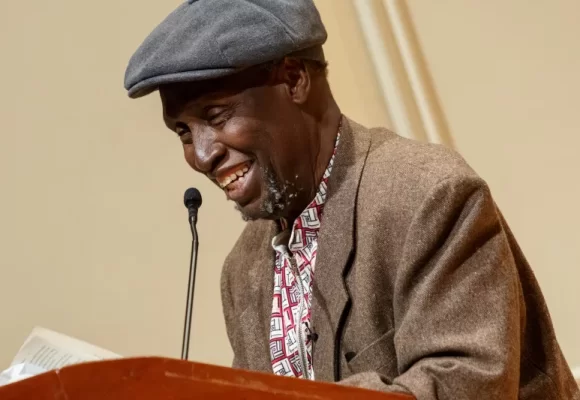
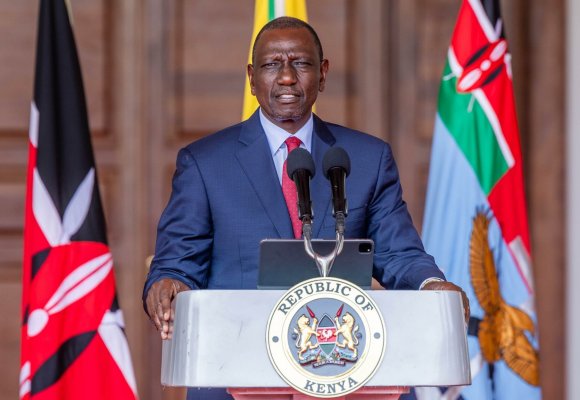

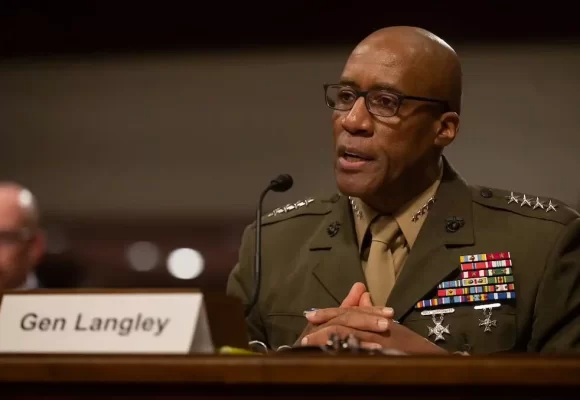
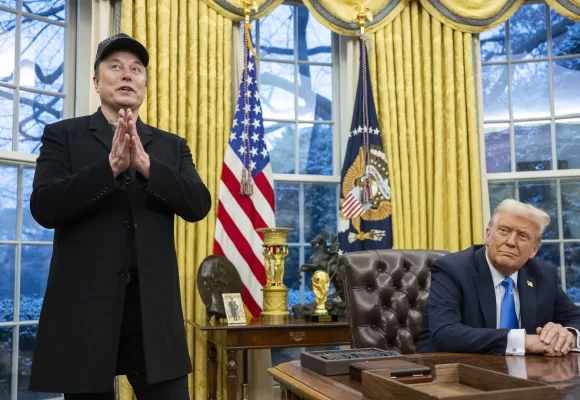

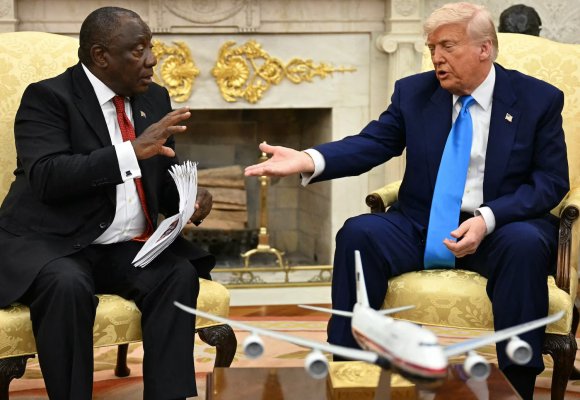
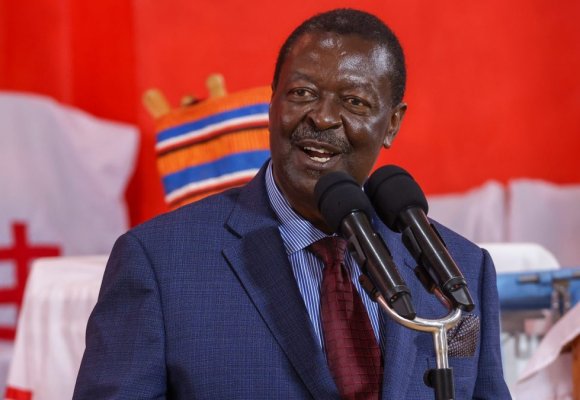
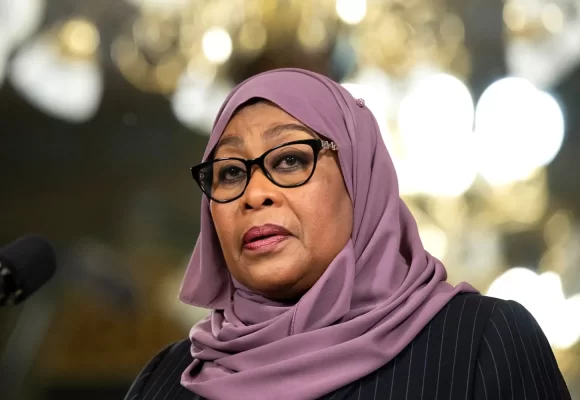
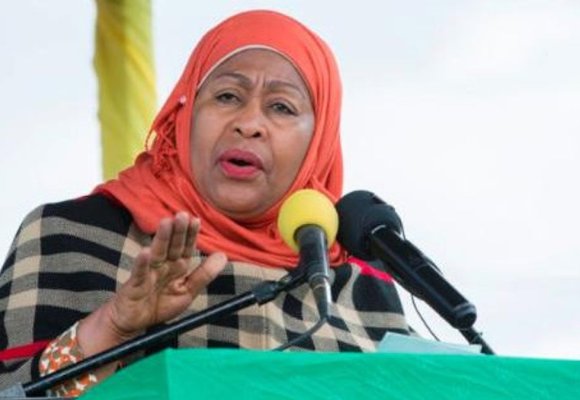
LEAVE A COMMENT
You must be logged in to post a comment.